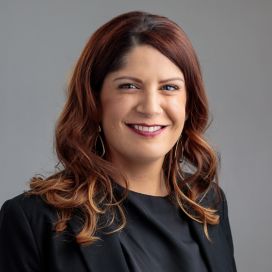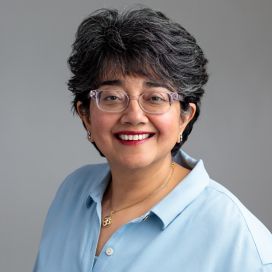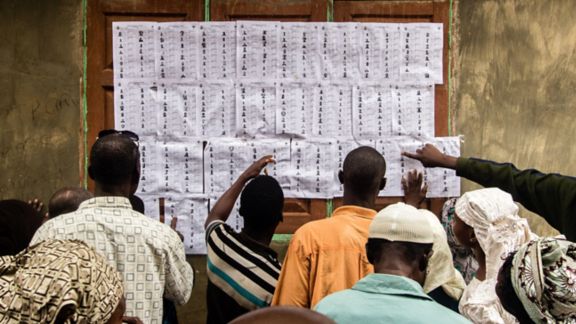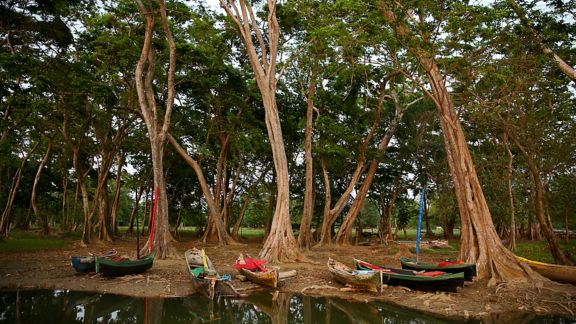High-quality monitoring and evaluation systems are essential for tracking and improving the outcomes of development programs. USAID and other donor organizations fund activities across multiple sectors, from strengthening governance to education, food security, health, and improving the lives of vulnerable populations. The challenges of identifying indicators, obtaining quality data, and tracking the outcomes and effectiveness of activities are varied and demanding. In parallel, donors are increasingly focusing on how best to collaborate, adapt and learn from data and evidence, critical steps to improve decision-making and inform future programming.
NORC draws on decades of experience designing and implementing high-quality research, evaluation, and data collection to help clients develop research questions and theories of change, select or refine performance or context indicators, ensure quality data, develop evaluation plans, and use evaluation findings. Our work on strengthening GIS systems helps explore geographical links between project activity locations and development outcomes and provides geospatial information for targeted assistance. For the Data for Development project, NORC created an interactive map of USAID’s activities in Tanzania by sector as a resource for operational awareness, engagement with stakeholders, and communications on the impact of the Mission’s programming. NORC also deploys complexity-aware Monitoring, Evaluation, and Learning (MEL) approaches to measure uncertain, emergent, contested, and dynamic outcomes of a variety of U.S. government programs, from countering violent extremism in Cote d’Ivoire to promoting global cultural exchange.
NORC’s work on MEL platforms, such as those in Ukraine and Tanzania, and large learning contracts (e.g., Democracy, Rights, and Governance – Learning, Evaluation, and Research I and II, Reading and Access, and LAC Learn) help USAID missions and bureaus capture and use evidence to inform programming. We work with USAID missions and bureaus to develop Learning Agendas through participatory, inclusive processes, help address key learning questions, and integrate and act upon findings. For USAID’s DRG Center, NORC has systematically harvested relevant knowledge for learning and adaptation through literature reviews, developed evidence gap maps, inventoried metrics and indicators, and compiled technical approaches used in key program areas, including rule of law, independent media, and good governance.
Monitoring, Evaluation & Learning Experts
-
Katharine Mark
Vice President -
Alex Mijares
Senior Research Scientist -
Ritu Nayyar-Stone
Principal Research Scientist






